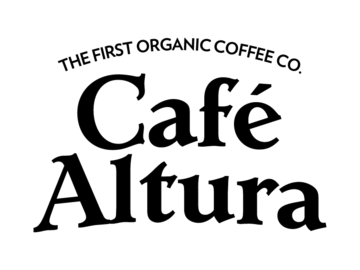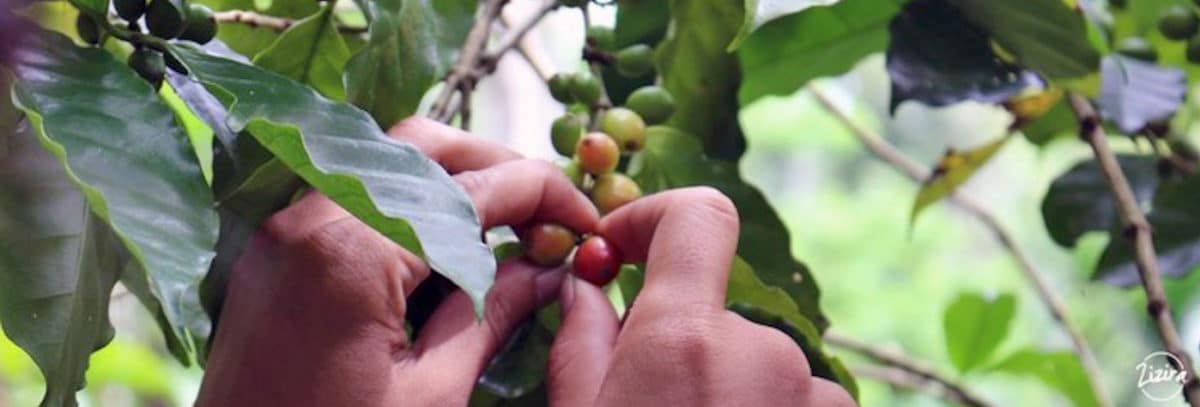
Certification History of Organic Coffee
Ethical business practices and quality products have defined the third wave coffee movement since the term was first used in the late 1990’s. Whereas the first two waves represented a popularization of the drink and an incremental improvement in its quality, it’s in this current wave that the industry has been set on the path of chasing the greatest possible quality of both coffee cup and source. With this renewed focus on ethical sourcing and production methods has come the increasing use of certifications seeking to validate the provenance of a particular product. But when you see these certifications on the side of a bag, what do they really mean?
USDA Certified Organic
One of the certifications you see most frequently and might be most familiar with, is USDA Certified Organic. To earn the right to sell coffee with a seal of Organic Certification, it must be grown to the standards of the USDA. These standards include that the land used for growing must be chemical and pesticide free for at least the previous three years, and that current growing practices comply with a series of regulations set up to ensure a healthful product. A list of approved and banned substances is maintained by the USDA and farmers must ensure compliance to maintain their status as organic producers.
The USDA also looks to ensure that farming practices are being done in a sustainable way. Farmers must show that the coffee is buffered from any non-organically grown crops, that measures are being taken to reduce soil erosion, and that none of the farming practices risk long-term damage to the land. Other trade groups and organizations offer similar certification programs. In California, for example, California Certified Organic Farmers is a group that approves and maintains records of organic farms in the state.
Certified Fair Trade
Perhaps one of the more notable shifts to occur during the Third Wave movement, the fair trade movement is a shift toward adequately compensating and recognizing those at every level of the production chain. For a coffee to have a Certified Fair Trade seal on it, the group oversees worker conditions, commodity prices, and environmental practices to make sure that producers aren’t being taken advantage of. By verifying that the workers are treated fairly, and producers are adequately compensated, the group is seeking to achieve a more equitable and sustainable system for the future. This certification is essential in promoting transparency throughout the industry and allowing consumers to make informed decisions.
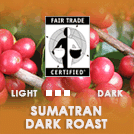
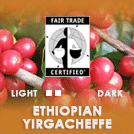
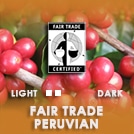
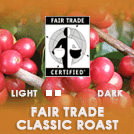
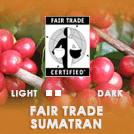
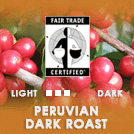
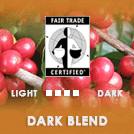
Now onto some of the lesser-know, but still valuable, certifications. These certifications are more niche in their scope and, consequently, aren’t seen as frequently. Rainforest Alliance Certified coffee gains its certification when farmers, or farming co-ops meet their standards for ecological sustainability, equal employment practices, and worker treatment. The Alliance also has an education side where it helps inform farmers on more efficient and sustainable farming practices. The Smithsonian Bird Friendly seal is given to producers of “shade grown” coffee. So called for being grown in the shade of other, preferably pre-existing, trees, this certification hopes to slow the effects coffee cultivation can have on deforestation and destruction of aviary habitat. UTZ Certification is the largest program for sustainable cocoa and coffee farming in the world. The program supports and certifies farms who emphasize good agricultural and farm management practices, while also prioritizing a minimal environmental impact.
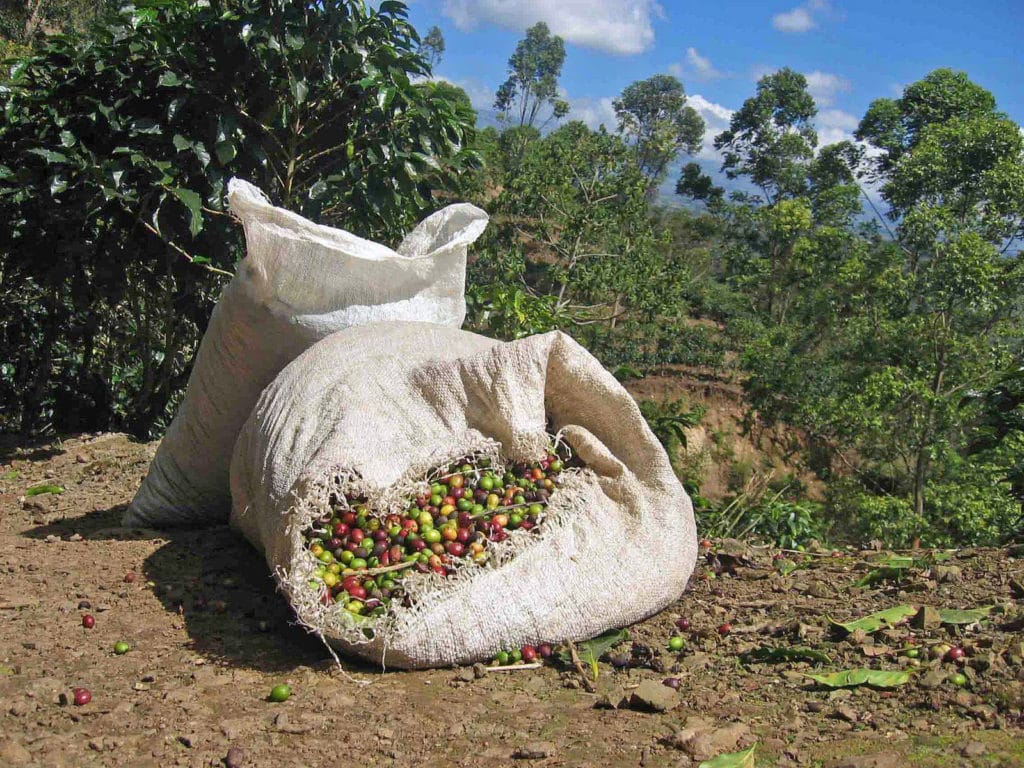
Why all the Certifications?
There’s a pretty simple reason why not all coffee is grown, traded, and processed this way. It’s expensive. While doing the right thing can have a cost, we believe it’s well worth it. The certifications made available by these organizations have an impact. Along with advocating and recognizing good business practices, they’ve helped educate and inform the consumer as well. The certifications have played an important role in allowing people to see that when they spend a little extra, it’s really worth it. Organic Fair Trade Coffee is not only better tasting, it’s better for every aspect of the supply chain. Growers are better able to support their families and not cut corners with their product. Purchasers can take a little more time and care when curating the beans they want to use. And consumers get the peace of mind that comes from knowing they’re contributing to a sustainable system of production.
Here at Cafe Altura we’ve always been proud of the role we have played in shifting the coffee culture toward one that prioritizes producers as well as the highest quality products. Since 1980 when we were the first U.S. company selling organic coffee, toward our early adoption of Fair Trade standards, we have always looked for ways to ensure our coffee comes to you ethically, sustainably, and free from unwanted chemicals.
